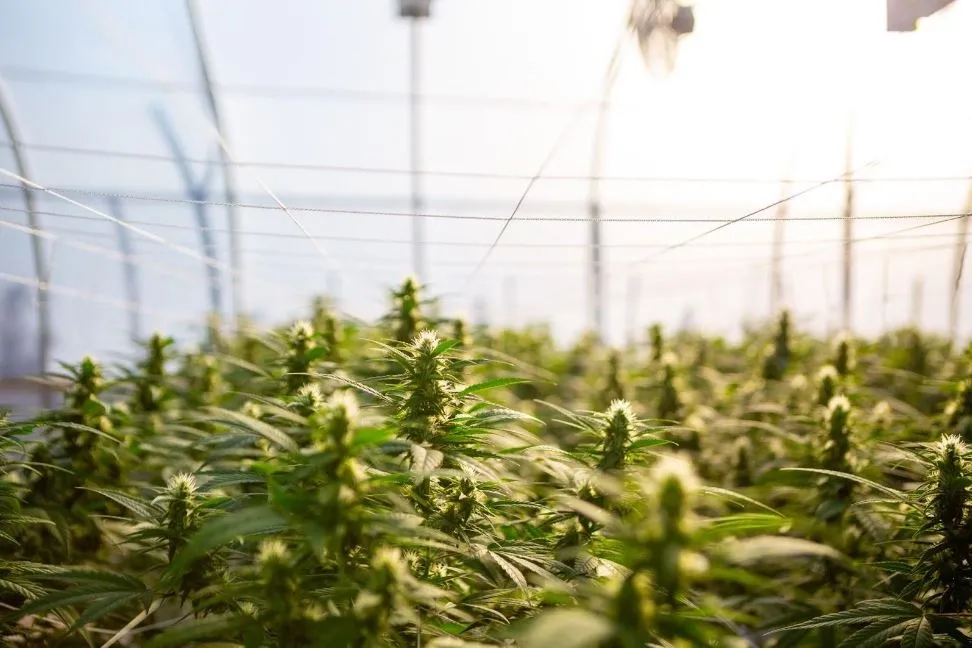With petroleum prices steadily rising, there has never been a better time to consider hemp biofuel. Hemp ethanol would cost roughly a quarter of what gasoline costs and would require only a fraction of the government subsidies relied on to prop up the oil industry, says biofuel expert Tim Castleman. Before we can develop hemp biofuel as an alternative to petroleum, American farmers have one major responsibility: grow more hemp.
In 2001, Castleman published a study demonstrating the viability of hemp ethanol as a viable alternative to petroleum. According to Castleman’s study, hemp ethanol could feasibly be produced for roughly 37 cents a gallon, a fraction of the average gas price in 2001, $1.46 a gallon.
While both Castleman’s estimate and the cost of gasoline are both subsidized, hemp ethanol would require far less government subsidy. In 2001, production biofuel received a federal tax credit of 54 cents a gallon. Today, the federal tax credit is $1 per gallon. When compared to the approximately $20 billion a year earmarked for the fossil fuel industry, the development of hemp biofuel could provide serious relief to the US taxpayer.
While the cost of hemp biodiesel is prohibitive due to the high value of hemp oil, hemp ethanol is produced from hemp stalks which are often treated as a byproduct of the hemp production process. This is just one of the many innovations derived from the hemp stalk in addition to building material, insulation, textiles, and much more.
Until the 2018 Farm Bill legalizing the commercial cultivation of hemp, the most pressing obstacle to the development of hemp ethanol was the lack of hemp, Castleman noted. Today, lack of hemp is still the issue at hand. In order to usher in a more affordable, sustainable future with hemp biofuel, it is up to American farmers to make the revolutionary switch to hemp.
In 2019, over half a million acres of farmland were used to cultivate hemp. Given the numerous benefits of hemp cultivation, this number is expected to increase exponentially in the coming years. Unlike other crops like corn that are used both for food and ethanol production, hemp grown for ethanol production does not compete with acreage used for growing food.
With the many developing commercial applications of hemp, are you ready to make the switch? Michigan Medical Hemp has everything you need to get started with no special equipment required to start growing. Our hearty, durable hemp seeds are competitively priced under 60 cents a seed and are bred to tolerate extreme weather conditions without developing excessive THC. Contact us today at 866-253-6733 to learn how you can take advantage of this lucrative opportunity.

